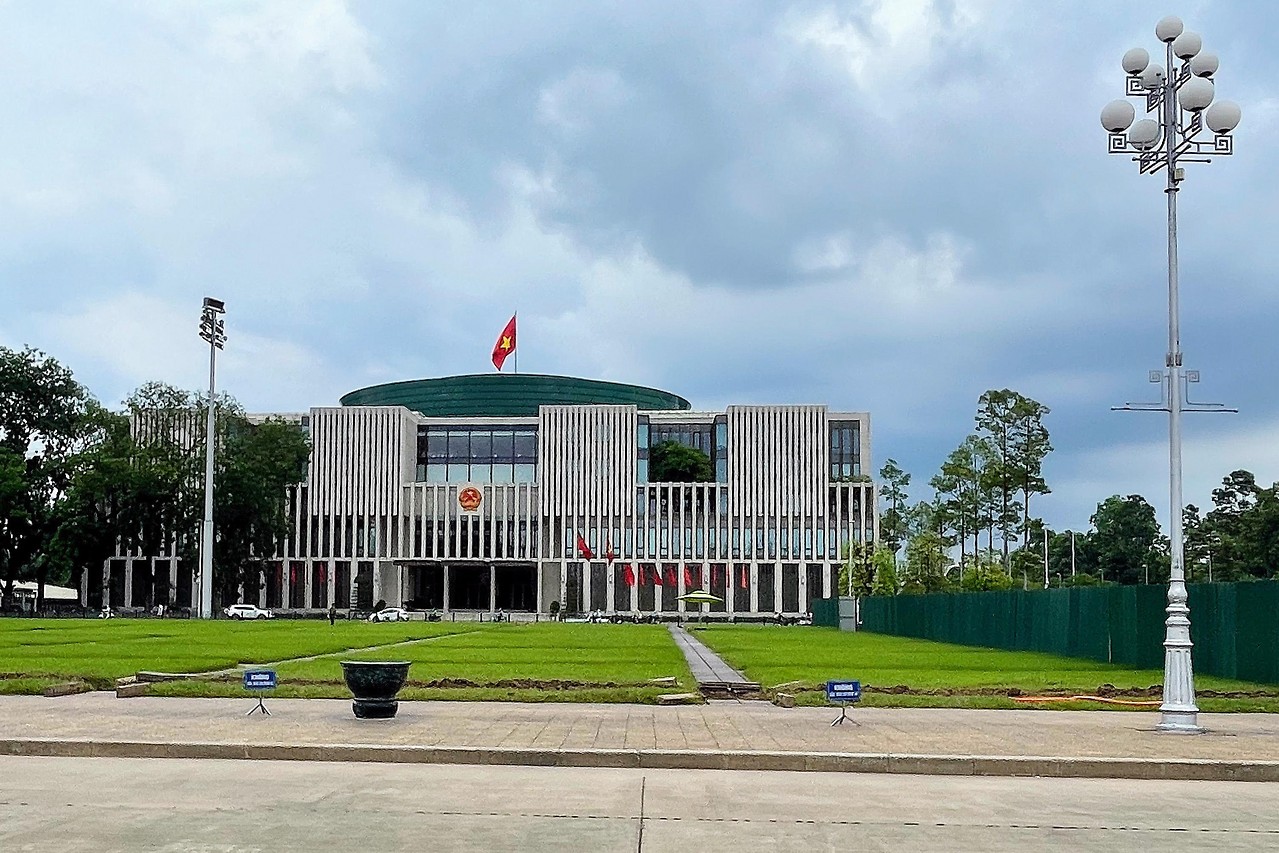The Vietnamese Ministry of Finance announced that the move approved by Parliament is likely to affect more than 120 companies with branches in the country. This does not only affect other major companies in the technology sector, such as LG, Foxconn and Panasonic. Textile companies such as Adidas and Crocs have also increasingly relied on Vietnam as a manufacturing location in recent years.
Many companies have looked for alternatives to China in recent years. Especially as the only production location, the country has become too risky for some companies in light of geopolitical and economic factors. Countries such as India, Thailand and Vietnam often serve as an attaché.
International companies hardly pay any taxes
In order to attract businesses, there have been few good things in Vietnam so far. The corporate tax rate was actually 20 percent. However, special very low rates have been applied to many international companies. For companies like Samsung, the tax rate was around five percent, the Financial Times wrote, and for some a lower rate of three percent applied, as the Nikkei reported.

This minimum tax rate will be raised to 15 percent in January. Vietnam is implementing an agreement reached by more than 130 countries at the initiative of the Organization for Economic Co-operation and Development (OECD) from 2021: in order to reduce tax competition between countries, the minimum tax rate should be 15 percent everywhere.
Half of Samsung’s mobile phones are manufactured in Vietnam
Although the affected companies did not speak on Wednesday, the new tax is expected to have a noticeable impact. According to FT, about half of Samsung smartphones are manufactured in Vietnam. Intel has its largest factory in the world to produce, package and test chips there – and already wants to expand its presence in the country.
Conversely, Vietnam expects much higher income from the tax increase: an additional 14.6 trillion dong (about 550 million euros) should flow into the state treasury. Investments from abroad are already seen as a driving force for the Vietnamese economy, the Financial Times wrote, and represent about four to six percent of GDP.
Vietnam’s attractiveness could be affected
However, some companies see the changes as affecting the country’s attractiveness for foreign investment, the Financial Times wrote. How controversial the minimum tax is is also demonstrated by the fact that Parliament ruled out a vote this year, but the resolution was eventually passed this year.

At the same time, additional incentives were expected to be created as a concession to foreign investors. However, no details were provided on Wednesday. “In order to maintain Vietnam’s attractiveness for FDI in the short term, (the government, note) must adjust its alternative incentives to attract foreign investment,” the Financial Times quoted an expert from Baker McKenzie in Ho Chi Minh City as saying. city.
And not just tax incentives
But it’s not just the tax situation that makes Vietnam a popular destination for investors, according to experts: wages are low and costs associated with production, such as electricity prices, are also cheap, the Financial Times quoted one expert as saying. This can be further emphasized by the fact that investments from abroad have remained quite stable compared to other Chinese alternatives.
Economist Anh Pham told Nikkei that Vietnam needs to invest additional tax revenues to make the country more attractive for investments. “Vietnam will have the opportunity to increase the quality of its workforce, expand logistics infrastructure and reform administrative processes,” he said.
It remains to be seen how the minimum tax proposed by the OECD will affect investments coming from abroad. But one thing is also clear: Vietnam will not remain the only country imposing such taxes on companies. Nearly 140 countries have agreed on a global minimum tax, and other countries often used as substitutes for China – such as Thailand – are expected to follow Vietnam’s lead soon.

Lifelong foodaholic. Professional twitter expert. Organizer. Award-winning internet geek. Coffee advocate.

